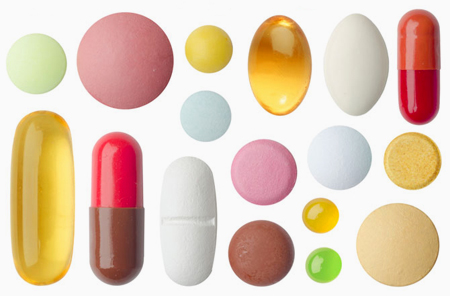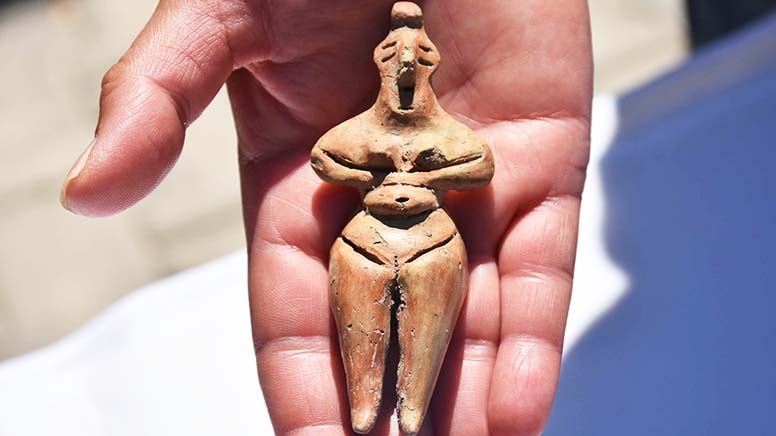
- A-
- A
- A+
3D-Printed Pills Customize Dosage for Better Treatment
Pre-packaged pills don’t take into account an individual’s body weight, gender, race or kidney and liver functions. As a result, doses can be too high or too low for a specific patient.
Researchers at Wake Forest University School of Medicine believe they’ve unlocked a secret formula for more effective treatments and fewer side effects: 3D-printed, customized pills.
A group of medical researchers, led by Min Pu, a doctor and professor at Wake Forest University School of Medicine, unveiled a method to 3-D print custom medications in pill form during a recent presentation to American Heart Association Scientific Sessions (AHASS).
“Patients are not all the same,” Pu told Fast Company. “The way we react to a drug is … dictated in part by our genetics as well as many other individual factors. Currently, pill dosages are dosed based on a ‘standard’ patient. That’s akin to a clothing store only selling suits of three different sizes and expecting a perfect fit in all customers.”
The researchers created an algorithm that analyzes patient info and calculates the ideal dose for them, which can then be 3D-printed.
The FDA approved its first 3D-printed pill this past April. The pill SPRITAM, developed by Aprecia for the treatment of epilepsy, is 3D-printed in order to provide a high dose of medication that rapidly disintegrates with a sip of liquid.
As for Wake Forest University’s customized 3D-printed pills, the conclusions from the study are preliminary and more research and trials need to be conducted to further evaluate effectiveness.
Similar News
Links


 Elm TV
Elm TV
 Photo
Photo
 Video
Video





